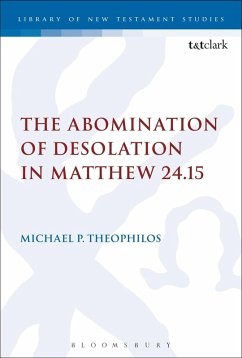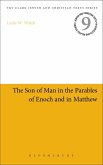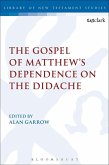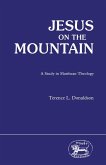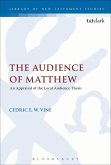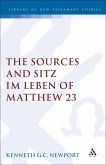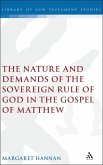Michael Theophilos investigates the term 'Abomination of desolation' in Matthew 24:15 proposing a revised model for understanding this enigmatic phrase. He adopts a contextual exegetical approach focusing strongly upon scriptural intertextual prophetic echoes.
Because of the primary association of the phrase with Antiochus Epiphanes in the Daniel narrative, many commentators have argued for a contra-Jewish background to Mt 24:15. However, analysis of relevant prophetic literature reveals that similar vocabulary was often used to describe Israel's covenantal infidelity, and its consequences. Given the influence of prophetic literature on Daniel, Theophilos argues that Matthew was theologically motivated to ironically employ the Danielic material in describing Jerusalem's Mt destruction. Matthew envisions the cause for this destruction as rooted in Israel's rejection of Jesus as Messiah. In this sense, the coming 'Son of Man' in Matthew 24 may be seen as a metaphorical representation of the Roman Army destroying Jerusalem in 70 AD. This understanding of 'Son of Man' is consistent with the Danielic depiction where the appearance of the 'Son of Man' signified the destruction of Israel's enemies.
Because of the primary association of the phrase with Antiochus Epiphanes in the Daniel narrative, many commentators have argued for a contra-Jewish background to Mt 24:15. However, analysis of relevant prophetic literature reveals that similar vocabulary was often used to describe Israel's covenantal infidelity, and its consequences. Given the influence of prophetic literature on Daniel, Theophilos argues that Matthew was theologically motivated to ironically employ the Danielic material in describing Jerusalem's Mt destruction. Matthew envisions the cause for this destruction as rooted in Israel's rejection of Jesus as Messiah. In this sense, the coming 'Son of Man' in Matthew 24 may be seen as a metaphorical representation of the Roman Army destroying Jerusalem in 70 AD. This understanding of 'Son of Man' is consistent with the Danielic depiction where the appearance of the 'Son of Man' signified the destruction of Israel's enemies.

